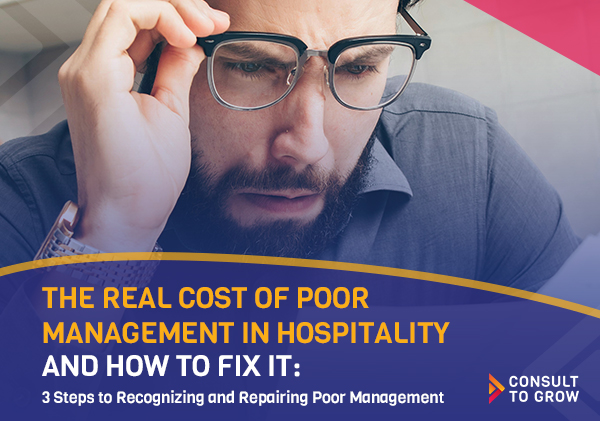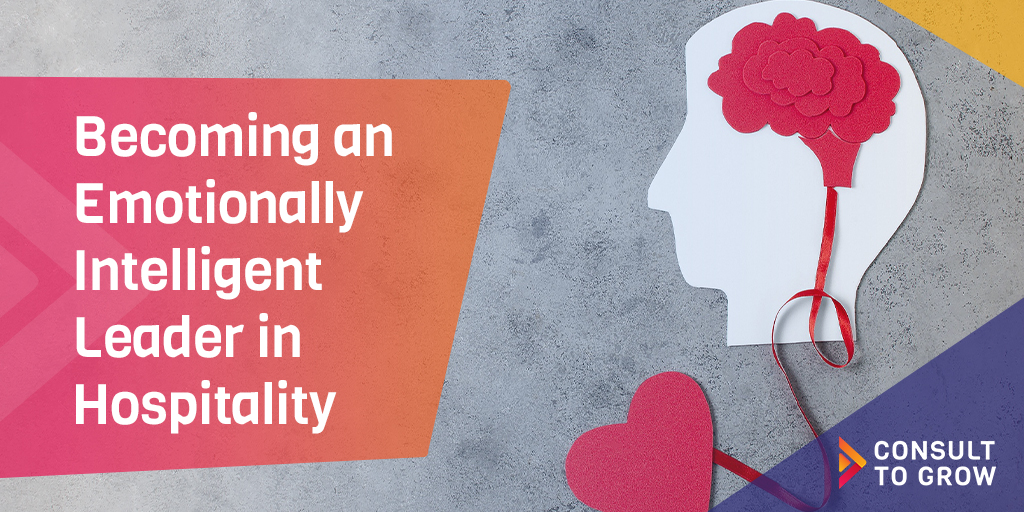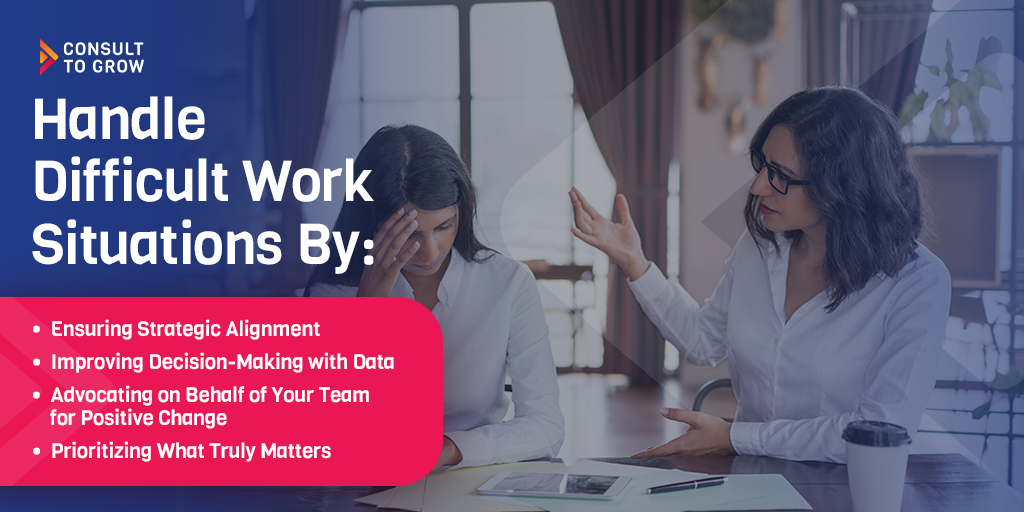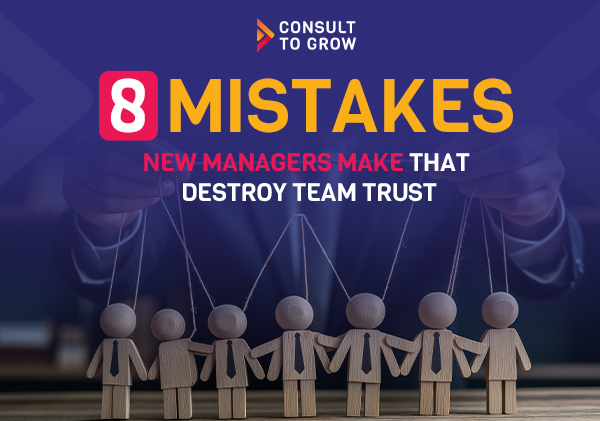
The Real Cost of Poor Management in Hospitality—and How to Fix It
3 Steps to Recognizing and Repairing Poor Management Hospitality isn’t just about serving food, making drinks, or booking rooms—it’s about people. And when management fails

Running a business isn’t only about operations—it’s about managing people, energy, and emotions. The fast-paced nature of the hospitality industry can take a toll on both leaders and their teams, making emotional intelligence (EI) a critical skill. Leaders who cultivate EI can navigate challenges with grace, create a positive work environment, and prevent burnout for themselves and their teams.
Imagine this: It’s a busy Saturday night at your restaurant, and the kitchen is backed up. A guest is frustrated with their wait time, a new team member is overwhelmed, and you can feel the tension rising. How you handle that moment defines you as a leader. Do you react with frustration, or do you pause, assess the situation, and guide your team with calm and clarity? Emotional intelligence is what helps you choose the latter.
Emotional intelligence isn’t about suppressing emotions—it’s about understanding and managing them to create a healthy, high-performing work culture. In today’s terms, it’s about regulating, and doing it on the fly. All people face moments of emotional dysregulation. Having practices in place that allow for a quick emotional reset will keep you competent as a leader. Here’s how you can incorporate EI into your leadership style:
Emotional intelligence isn’t about suppressing emotions—it’s about understanding and managing them to create a healthy, high-performing work culture.
Handling Difficult Situations with Grace
Hospitality leaders constantly face difficult interactions. This ranges from upset guests to internal conflicts. Instead of reacting defensively, listen with empathy and offer thoughtful solutions to turn tense moments into opportunities for connection. This looks like:

Self-awareness helps you recognize your own triggers and leadership style. If you know you tend to get impatient under stress, you can proactively work on delegating and staying composed during high-pressure situations.
When emotional intelligence is embedded in leadership, everyone benefits. Leaders experience less stress and burnout, teams feel more engaged and supported, and guests receive better service. The hospitality industry is demanding, but by cultivating mindfulness, resilience, empathy, and authentic leadership, you can create a workplace where both you and your team can thrive.
Want to learn more about the role of EI in hospitality? Read our companion post, “The Incredible Impact of Emotionally Intelligent Leaders.”
Consult to Grow® provides various tools and services to help you develop people strategies to grow your team. We can expertly assess your HR infrastructure, develop custom Employer of Choice strategies, facilitate leadership meetings and retreats, help you design bonus and incentive programs, and design managing partner programs. Ready to get started?

3 Steps to Recognizing and Repairing Poor Management Hospitality isn’t just about serving food, making drinks, or booking rooms—it’s about people. And when management fails

Taking on a role as a new manager is an exciting step. It brings new challenges that allow you to stretch and grow. As a

Trust is the foundation of strong leadership and a thriving business. If you want to lead your business with strength and integrity into a flourishing future, you need to start and end with trust.